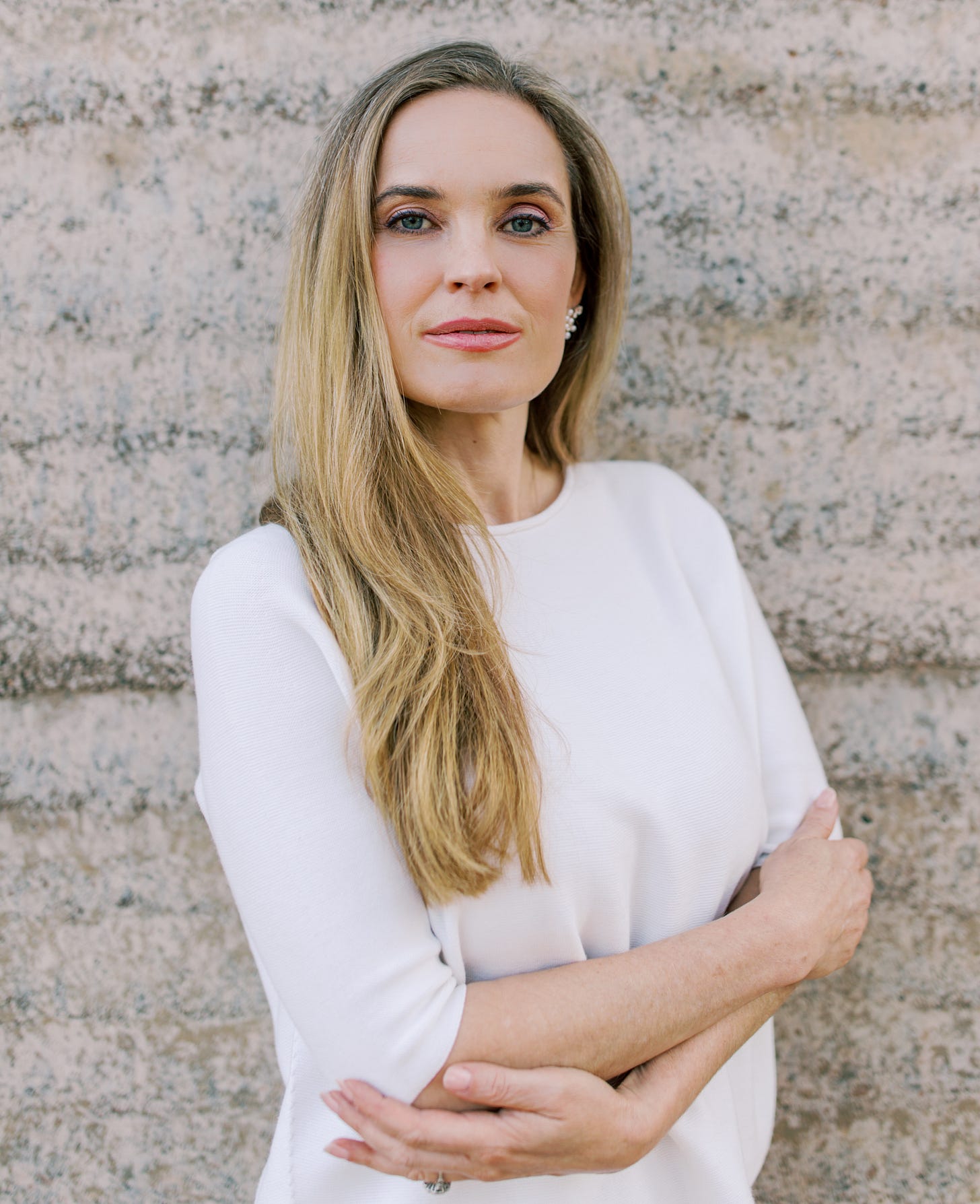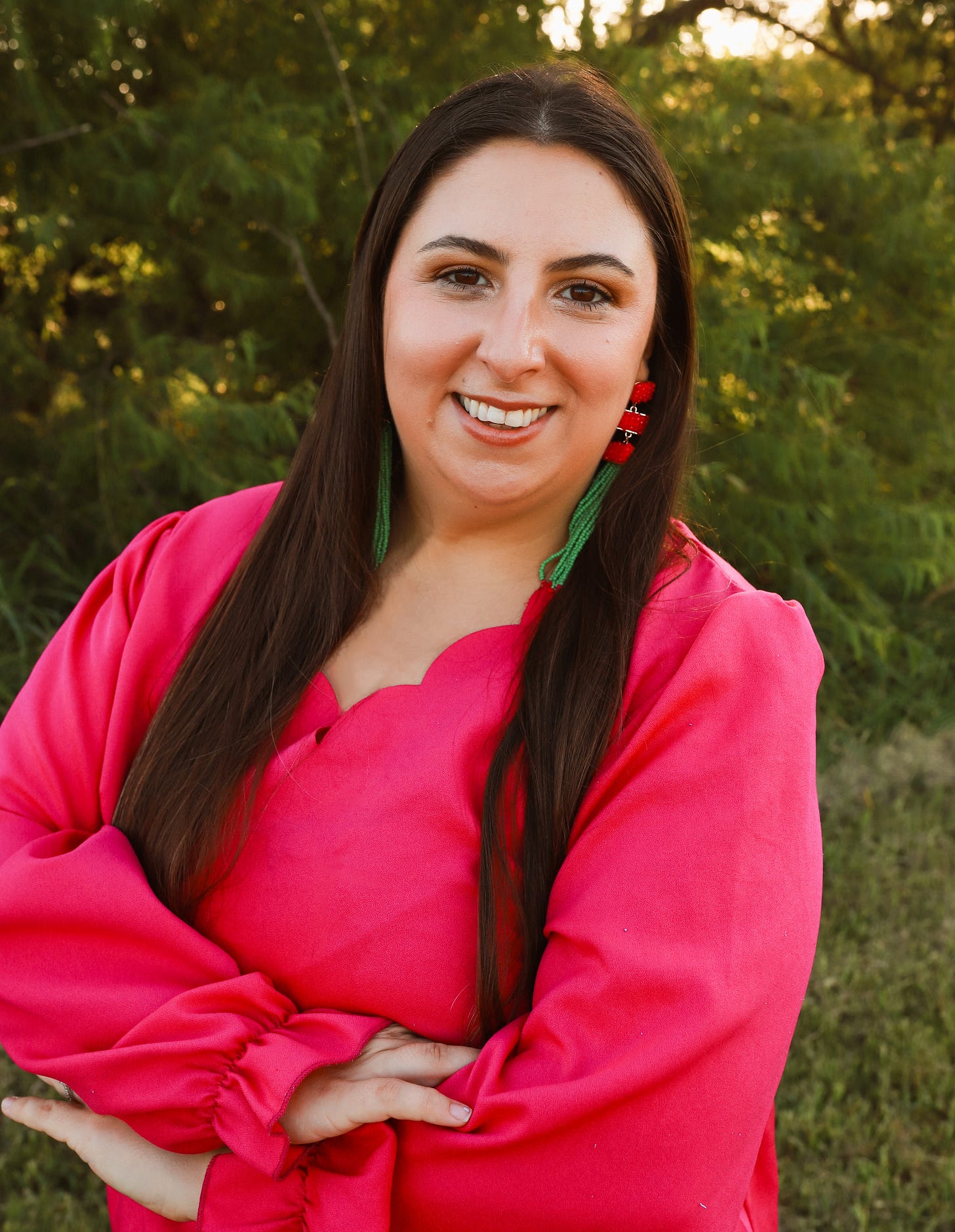Leaders Benefit from Being Challenged
It isn't a comfortable approach yet maybe its smart one for breakthrough
We can benefit by strategically surrounding ourselves with people who challenge us, says a Substack newsletter writer on the topic of leadership.
That's not easy for most of us to emotionally and psychologically tolerate, even if it may be sound advice professionally and personally, yet that’s what Nick Makris advised and wrote recently at Compounding Leadership.
“Create an environment where ideas evolve,” Makris recommends. “Build a network of people who will hold you accountable, question your assumptions and push you to take bold actions.”
His conclusion: “Consistent challenge leads to consistent growth.”
There has to be meaningful, obvious value in this approach for anyone to want to step out their comfort zone to be held accountable by other people, have their assumptions questioned and be pushed to act in areas where it may be difficult.
“Through social learning, people pick up the behaviors of those around them,” says Azadeh Weber, PsyD, a clinical psychologist for online group psychotherapy, social skills development and neuro-linguistic programming (NLP).
“Therefore, if those around us well-meaningly challenge us, we are likely to internalize their voice and begin to challenge ourselves to do better.”
The psychology of this can work, she explains, because of how some of us are wired.
“A subset of people will be more motivated to enhance their performance around people who well-meaningly challenge them because they are motivated by social approval,” Weber says.
“If you think about it, every thing we think, do, say, experience — or even don't do — is a suggestion to our subconscious mind and is actively creating the ‘future you’ you are aligning with everyday.”
New, Problem-Solving, Mental Software
The courage and commitment to immerse oneself into such a process is similar to uploading updated or completely new software.
“When we choose to surround ourselves with people who challenge us, not only does it normalize the fact that we can do a lot more than what we think we can, it begins creating new neural pathways in the brain that make you think and behave differently,” says Michelle Smith, a private practice psychotherapist who focuses on clinical hypnosis, eye movement desensitization and reprocessing, and subconscious brain patterns.
Smith Shares an Example
“We tend to seek out information that reinforces existing core beliefs. If I have a core belief of ‘I'm not good enough,’ then I am constantly looking for evidence to suggest this is true and disregarding evidence that says this may be untrue,” she says.
Going back to what Makris wrote about to find people who will help us question our assumptions, Smith goes deeper.
“When we have a relationship with someone who is a physical reminder of direct evidence that something difficult or challenging can be done, it signals to our subconscious that 'hey, there may be a different way of operating here' in a gentle manner that can encourage positive change.”
Positively framing Makris’ guidance in one’s mind so that they can get comfortable with the idea and process to increase the likelihood that it can work well, becomes the important task, so a person can move towards and not away from it.
“We can frame associating with people who well-meaningly challenge us as a sign of confidence,” Weber says. “Confident people are more likely to appreciate a social environment that supports growth mindset.”
Smith asserts that the opportunity to do this is too big to bypass.
“We want to utilize these people in our lives. as evidence that we can do and achieve much more than maybe what our brains say everyday,” she stresses.
“A typical human has over 70 thousand thoughts a day: that is a lot of thinking. Not every thought is valuable, meaningful or even something that holds value whatsoever.
“Being able to discern our thoughts and acknowledge them but also move forward if a thought is unhelpful and not aligned with the new beliefs we are working to form is incredibly helpful.”
Assisting People with Their Assumptions
“I always encourage my clients, if an affirmation of belief feels unrealistic, try adding in ‘I am practicing to… (do what they would like to start doing)’ or ‘I am beginning to learn’ or adding ‘yet’ to the affirmation to trigger more of a reframe in thinking,” Smith says.
A network, or personal board of advisors, may be more reliable than relying on one person.
“We can learn about who we are and develop in a vacuum, however ideally, we have a network of people to support our growth mindset,” Weber says. “Everyone sees things from different perspectives and the more perspectives we have on our blind spots and areas for growth, the greater the chances we will deepen our self-awareness.”
Reasonable Expectations
“We cannot expect any one person to fill every emotional or social need we may have,” Smith says, “so finding a network of individuals can be more helpful than relying on one person to be able to instill a thinking or behavior change internally.”
This newsletter normally publishes Tuesday, Thursday and Sunday, with occasional articles on other days. To advertise, link to your business, sponsor an article or section of the newsletter or discuss your affiliate marketing program, contact CI.







